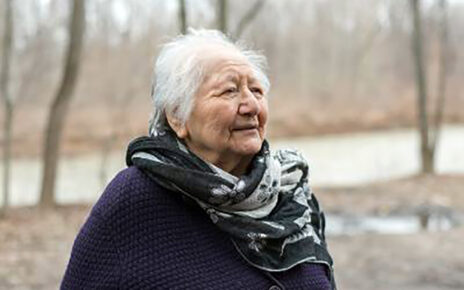New York Includes Native American Education in State Standards, Doesn’t Require It In K-12 Instruction Or Provide Designated Funding
Allegany/Cattaraugus Territories, NY – Recognizing that education is the best tool to combat entrenched racism and change long-standing misunderstandings and prejudices regarding Indigenous populations, the Seneca Nation Council is calling on the state Board of Regents to act.
The Council has passed a resolution asking the Board to publicly take a stand against cultural appropriation and racist practices and attack prejudice at its roots by implementing curriculum changes that include a robust review of the history and contributions of Native people in New York.
“The Board of Regents must get on the right side of history and publicly declare, once and for all, that racism has no place in New York – especially not in its public-school classrooms,” said Seneca Nation President Matthew Pagels. “Native people helped shape the history of this state and the country as a whole, and continue to make important contributions to the economy, culture and the environment. But our contributions are often overlooked or brushed aside. That practice must end.”
The Nation shared its resolution with the Board of Regents is hopeful that the Board will address the matter in a timely fashion and give it the attention it deserves.
A 2019 report by the National Congress of American Indians (NCAI) found that 87 percent of state curricula in the U.S. do not mention Native American history after the year 1900. While New York does include Native American education in its state standards it does not require that curricula to be taught in K-12 schools, nor does it provide any designated funding to do so.
More than two decades ago, the Board of Regents committed to revamping New York’s American history curriculum to better reflect the contributions of nonwhite cultures, unanimously voting to direct the state education commissioner to prepare a detailed study of potential revisions. A subsequent backlash resulted in the adoption of watered-down recommendations that arguably exacerbated, rather than improved, an already dire situation.
Over the past year, issues of equity and racial justice have been brought to the forefront of national debate – from the disproportionate burden borne by Native people during the coronavirus pandemic to rallies in response to long-standing harms inflected on minority communities by the country’s criminal justice system.
There has also been some positive developments, including President-elect Joe Biden’s selection of the first Native American to be nominated to serve as a Cabinet secretary – New Mexico Rep. Debra Haaland, a member of the Laguna Pueblo tribe, who if confirmed by the U.S. Senate, will lead the Department of Interior.
In addition, two national sports teams – one in Cleveland, the other in Washington, D.C. – plan to drop names long considered racial slurs derogatory to Indigenous people, and countless local and school teams across the New York and the U.S. are either following suit or may soon do so.
“We are gratified by recent recognition of the institutional harms inflicted on Native people and hopeful that things are changing, but the progress has been incremental and much more needs to be done,” Pagels said. “Making much-needed changes to curricula to recognize and elevate Native history and culture will set the stage for improved relations between Native and non-Native individuals in New York for years to come.”
See Resolution below:
https://sninews.org/wp-content/uploads/2021/01/Seneca-Doc.pdf
See Letter below:
https://sninews.org/wp-content/uploads/2021/01/Wordversion.Senecaletter.pdf




